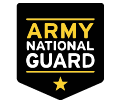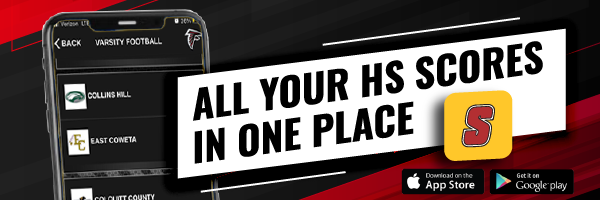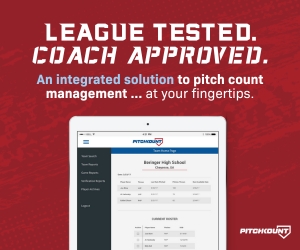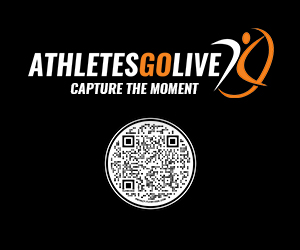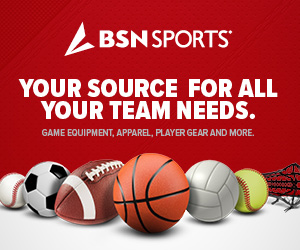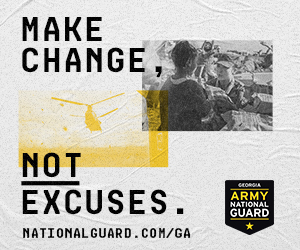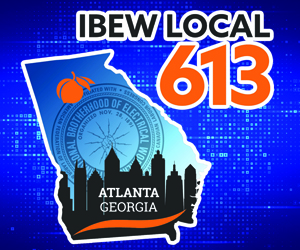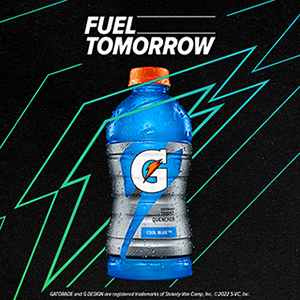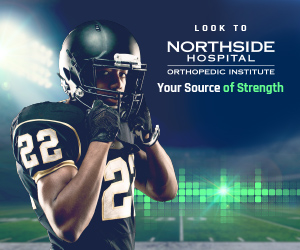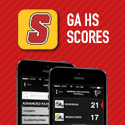Heat-related illness is responsible for thousands of Emergency Department visits annually by young athletes. The severity of heat injury ranges from mild heat cramps to heat stroke and death. In fact, heat stroke is the third most common cause of exercise-related death in U.S. high school athletes.
Heat-related illness is preventable. All it takes is basic knowledge about heat response and hydration in young athletes and how to recognize the early signs of heat injury.
Tips for Exercising in the Heat
– Schedule workouts during the cooler times of the day.
– Allow children who are overweight, out of shape or unacclimated time to adjust to the heat.
– Schedule water and rest breaks every 30 minutes during activities. During these breaks, do not just encourage, but require children to drink. This also gives the coach or trainer a chance to monitor the athletes.
– Have shade, ice and a kiddie pool available for emergency treatment and rapid cooling.
– Have a cell phone (with a charged battery) available at all workouts for emergency contact.
– Wear sunscreen with sun protection factor (SPF) of at least 15. Apply it 30 minutes before going out in the sun and every 20 to 30 minutes if sweating or swimming.
– Wear hats with brims and light-colored, breathable clothing.
– Youth sports rules can be modified to increase the safety of athletes. For example, soccer games can be divided into quarters rather than halves to allow for more rest breaks, hydration and monitoring. Referees can call an official time out for hydration periodically during the game.
Hydration Tips for Young Athletes
– Never rely on thirst, which is a poor indicator of hydration status. When children begin to feel thirsty, they may already be 1 percent to 2 percent dehydrated.
– Prehydrate 30 minutes before activity. Children should drink until they are no longer thirsty plus another 8 ounces.
– Hydrate during activity. Encourage children to drink water during activity instead of pouring it on their heads or faces.
Water is best if the activity lasts less than one hour. For activities lasting more than an hour, a fluid with carbohydrates (sugar) and electrolytes is best. Gatorade and Powerade were designed specifically for rehydration during exercise and contain the right amount of carbohydrates (about 6 percent to 8 percent).
Children younger than age 10 may dilute a sports drink—one part sports drink to one part water—for a better taste. Drinks, such as fruit juice and soda, contain too much sugar and can cause cramping. Avoid carbonated and caffeinated beverages because the carbonation can cause bloating and the caffeine can speed up metabolism, generating more heat.
Early Signs of Heat Illness
Dehydration and heat cramp—Thirst, fatigue, dizziness, light-headedness, muscle cramps and loss of energy may be signs of dehydration. The athlete should stop and drink water or a sports drink. Muscle cramps can be stretched and lightly massaged. Resume activity with caution only when all symptoms have cleared.
Heat exhaustion—Dizziness, rapid pulse, headaches, nausea, vomiting, chills and loss of coordination may be signs of heat exhaustion. The athlete may be sweating profusely or the skin may be dry. Activity should be discontinued and the athlete should be rehydrated. If his level of consciousness does not allow oral hydration, transport him to a medical facility for intravenous hydration. Core body temperature should be measured. If this is not available, transport him to a medical facility for hydration and monitoring.
Heat stroke—Call 911 immediately. Confusion, irrational behavior, drowsiness, nausea, vomiting and a dangerously high temperature (104°F and above) may be signs of heat stroke. This is a life-threatening medical emergency that requires rapid cooling by immersion in an ice bath. Ice bags on the neck and groin may help if a bath is unavailable.
If your child or teen has a medical condition or is taking medication, consult your child’s doctor for further advice for preventing heat-related illnesses.
Visit www.choa.org/sportsmed or call 404-785-6880 for more information.



